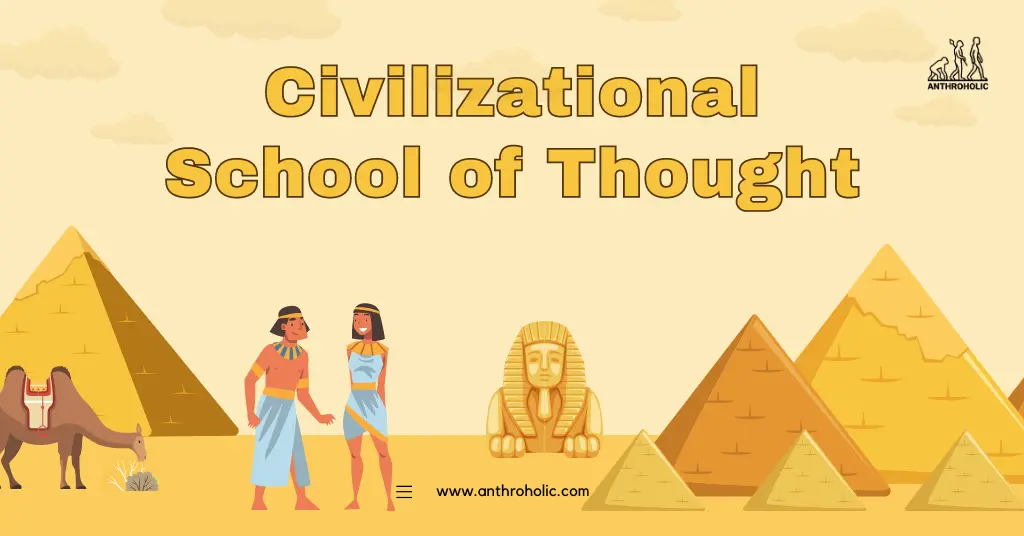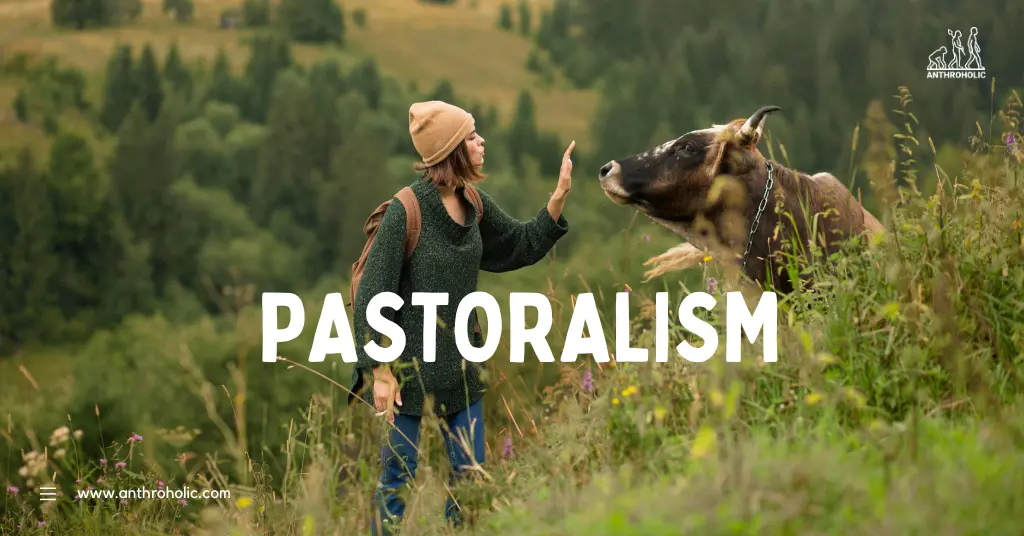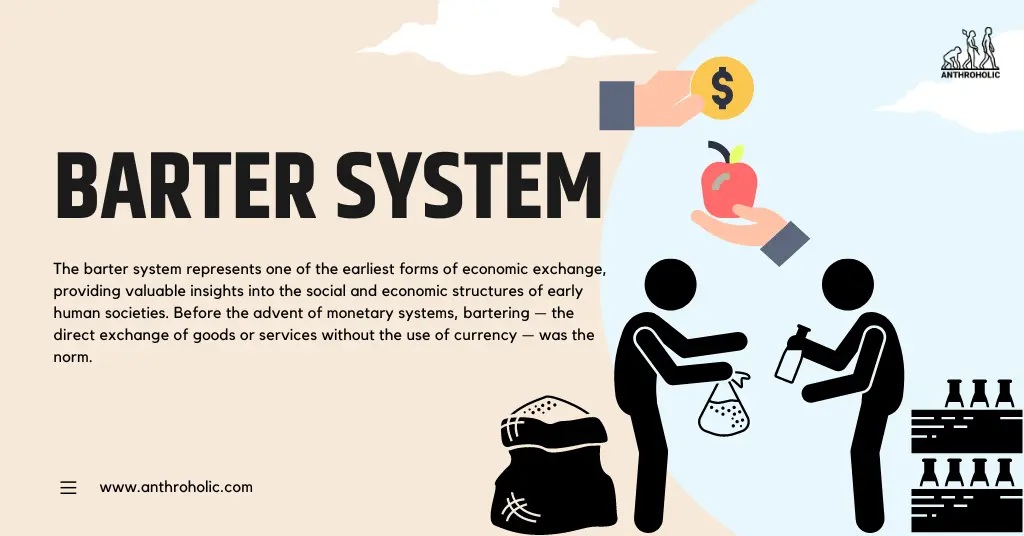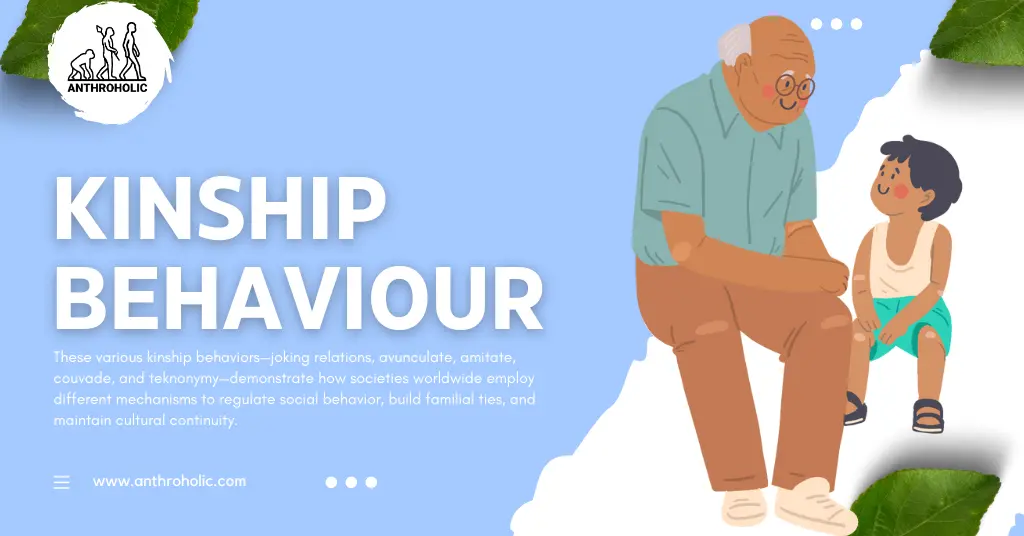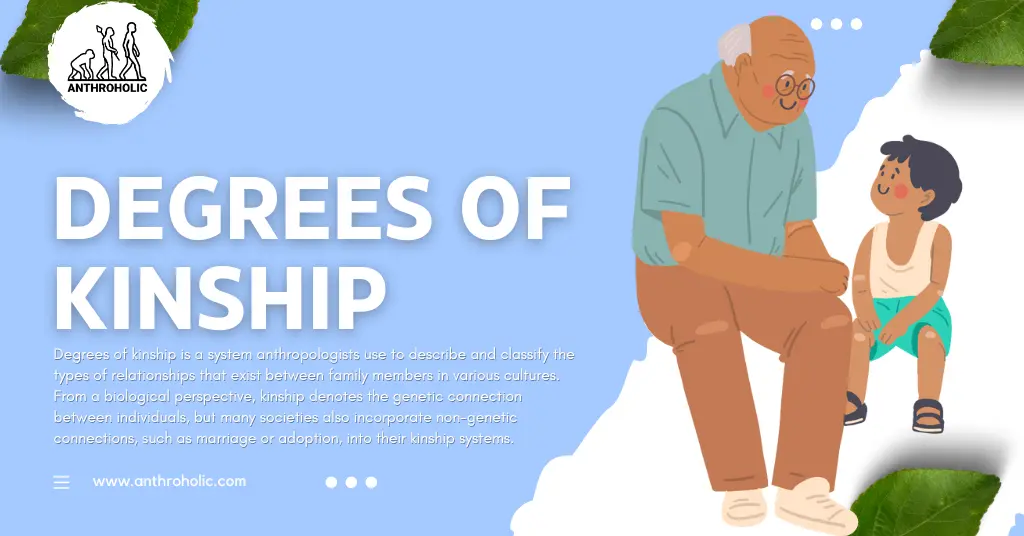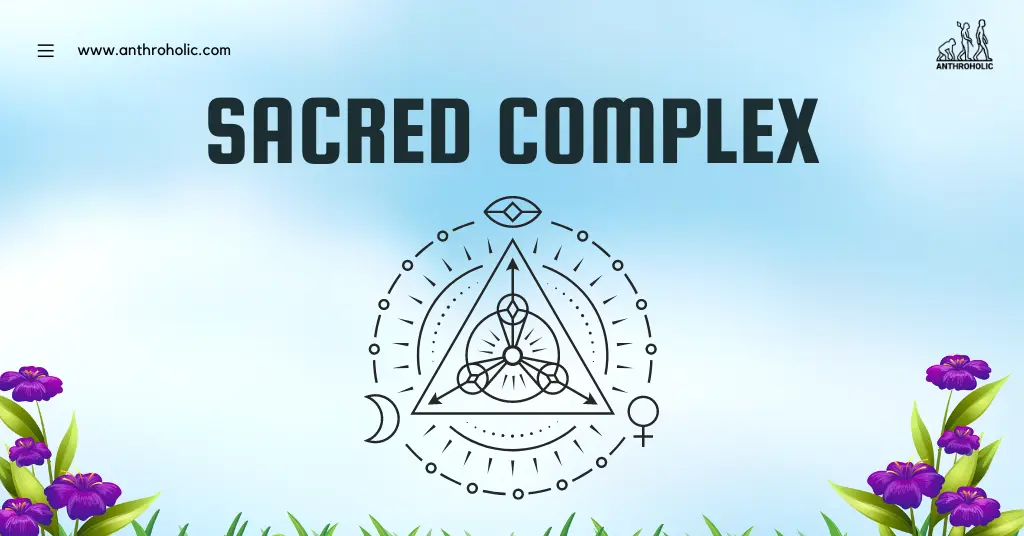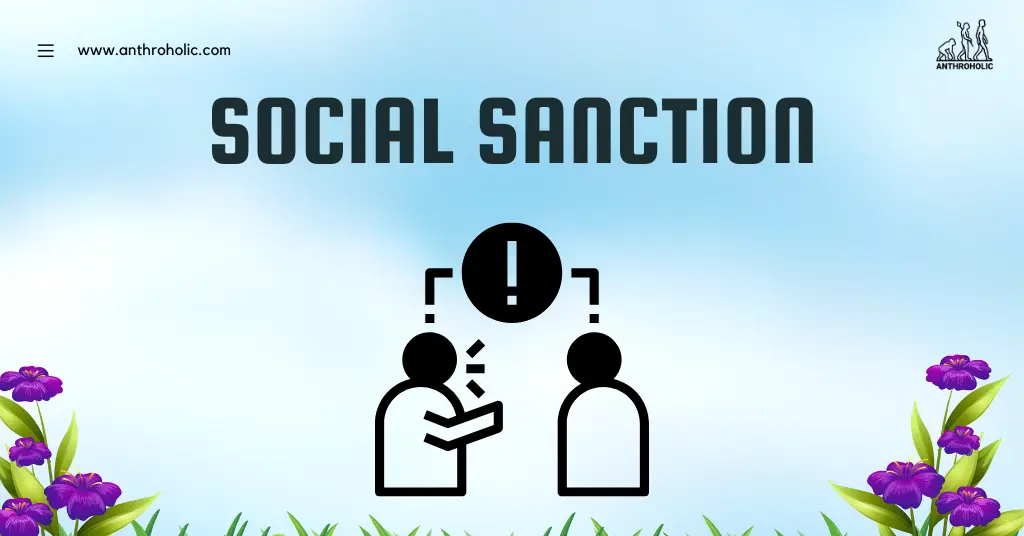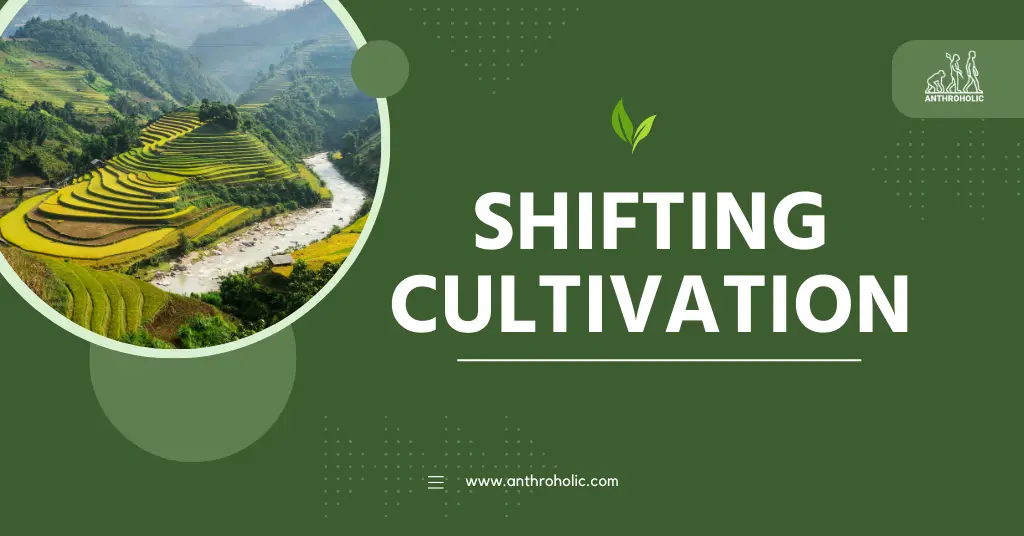AI Answer Evaluation Platform Live Now. Try Free Answer Evaluation Now
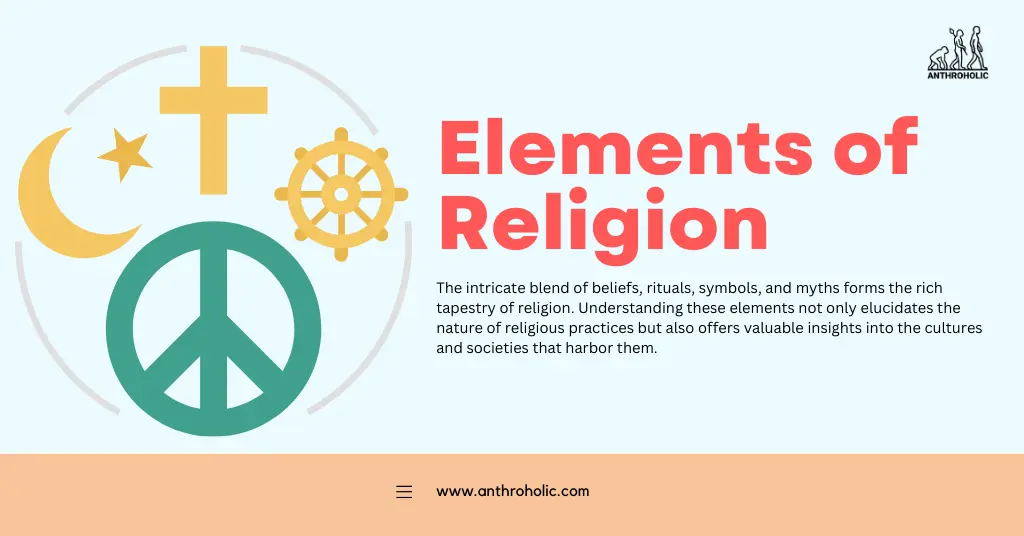
Elements of Religion
The intricate blend of beliefs, rituals, symbols, and myths forms the rich tapestry of religion. Understanding these elements of religion not only elucidates the nature of religious practices but also offers valuable insights into the cultures and societies that harbor them.
